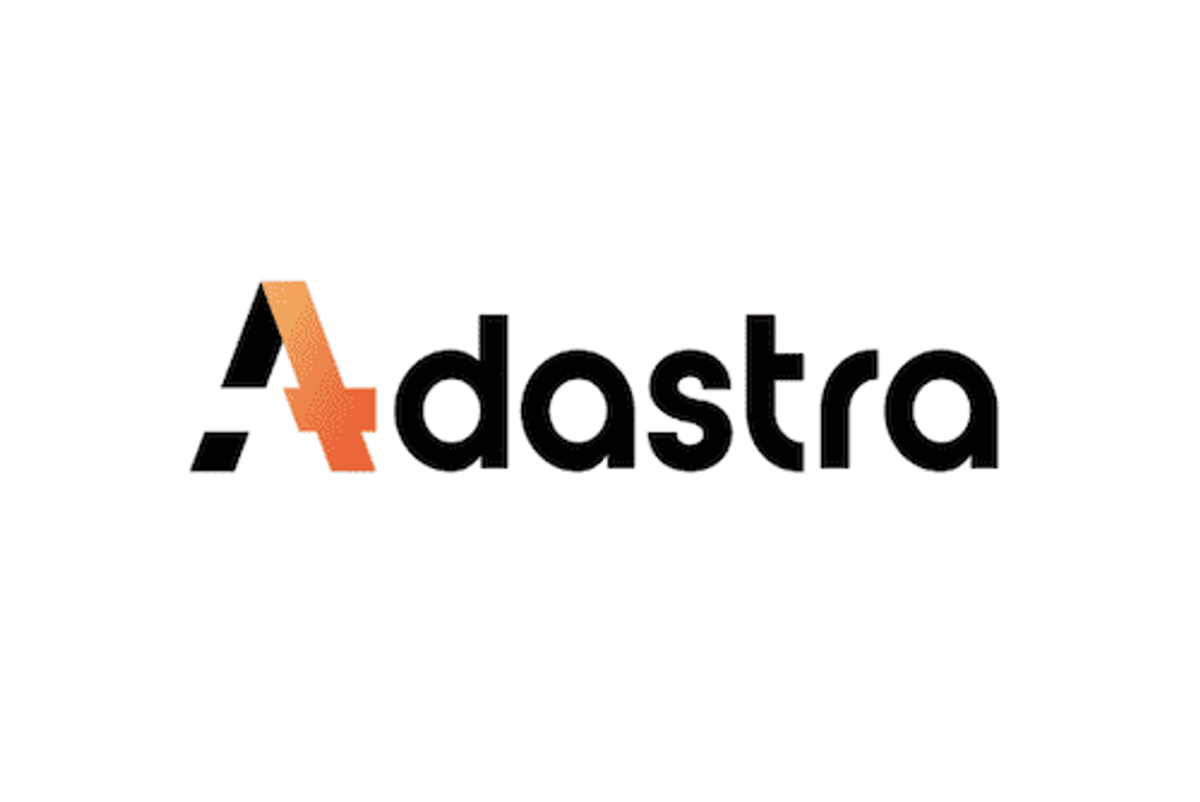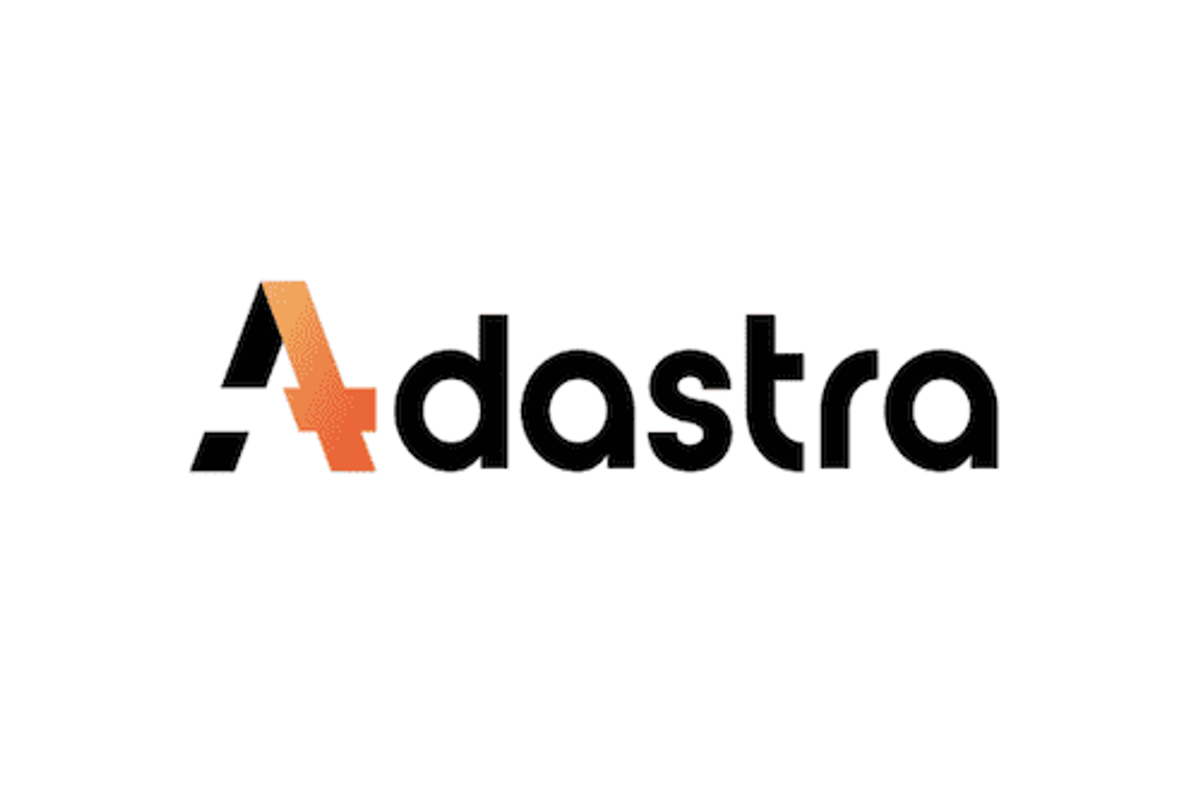
Investorideas.com, a leading investor news resource covering cannabis and hemp stocks releases a special report on the accelerated growth within the extracts and "Cannabis 2.0" categories as more companies further distribution and expand R&D capabilities, featuring Phyto Extractions Inc. (formerly Adastra Labs Holdings Ltd.) (CSE: XTRX).
Read the full cannabis stocks article on Investorideas.com
https://www.investorideas.com/news/2021/cannabis/04280Cannabis-2.asp
The global cannabis extract market size was valued at USD 7.3 billion in 2019 and is anticipated to register a CAGR of 16.6% over the forecast period to 2027 says Grandview Research.
One company set to capitalize on this extract growth is Phyto Extractions Inc. (formerly Adastra Labs Holdings Ltd.) (CSE: XTRX). Phyto Extractions™ is an agricultural-scale cannabis extraction, distillation and product manufacturer located in Langley, BC at its co-located Health Canada Licensed Standard Processing (extraction and products, no cultivation), Sales (extracts, topicals and edibles) and R&D through Adastra Labs Inc. and Analytical Testing Laboratory through Chemia Analytics Inc.
According to Phyto Extractions news, "The current cannabis extract market has seen a huge boom in sales from the past year, in which demands for cannabis extracts are rising steadily. Canadian cannabis extract sales observed an exponential 315% growth rate for the past two years, from 320,201 non-medical sales in Oct. 2019 to 1,328,769 sales in Oct. 2020, and over 200% sales growth rate including all medical and non-medical sales. Rising demand for cannabis extract products requires reasonable supplies from producers for cannabis enthusiasts."
The Company recently announced that it has received its Health Canada R&D license addendum in Adastra Labs Inc. that will permit some limited human testing by licensed researchers administering or distributing cannabis to human research subjects using cannabis obtained from a holder of a license for processing in the final form of cannabis.
This R&D license addendum will permit the Company to conduct in-house human testing for taste of various cannabis products for assessment of taste, sights, smell, or touch of cannabis.
"We look forward to initiating human-studies and generating valuable consumer-based data to support our product development pipeline and continue delivering high-quality efficacious cannabis products to Canadians," stated Dr. Kyle Boniface, PhD.
The Company also announced on April 21st they are now producing cannabis shatter products for the Canadian market after wholly-owned subsidiary Adastra Labs Inc.'s commissioning of new hydrocarbon extraction equipment ahead of schedule.
From the news: "With the arrival of the ExtractionTek Solutions MeP XT70 system, a high-performance hydrocarbon extractor, the team at Phyto Extractions can now process over 400 KG per day of cannabis biomass into a variety of hydrocarbon cannabis concentrate products. Focused on shatter production currently, this translates into over 50kg of high-quality product output per day."
From the news: "Phyto Extractions™ has launched three new shatter cannabis products: Pink Kush, Blue Gorilla OG, and D. Bubba that will serve the over 9 million Canadians currently in the cannabis market with its one-gram offerings. The Company's increasing market share in the disposable vape, vape cartridge, and live resin markets, strengthens the brand's launch of its new flagship 'shatter' product line."
From the news: "With relatively few players in the niche of shatter product space in Canada, this market expansion represents a significant opportunity given the forecasted growth of the Cannabis extract market."
Shatter video: https://youtu.be/Bo4VWLSAT7o
Radient Technologies Inc., a cannabis company utilizing a proprietary extraction and downstream processing platform, in December 2020 announced its licensing agreement with Tunaaaaroom to manufacture and distribute a wide range of premium cannabis extracts targeting recreational cannabis consumers in Canada. Radient will make use of its Health Canada Cannabis Research and Analytical Testing licenses to fully characterize the Tunaaaa strains and evaluate the sensory qualities of extracts formulated to mimic the specific terpene profiles and containing differing cannabinoid profiles and potencies.
Based in Edmonton, Tunaaaa has spent over six years developing the genetics for over 1,000 high-quality cannabis strains containing proprietary terpene profiles. Through this licensing deal, Radient will gain access to Tunaaaa's specific genetics and will engage the Tunaaaa breeders as consultants to help drive product development.
Radient will further make use of its Standard Processing and Sales Licenses to rapidly launch premium distillate dab and vape extracts. Radient plans to bring Tunaaaa's vast catalogue of unique flavours to the market with monthly drops of new terp profiles. Radient and Tunaaaa will also work in collaboration on CBD and CBN distillate dabs to create additional unique terpene extract products for recreational cannabis consumers.
Future Radient extract products may include Cannabis 2.0 products like diamond, shatter, caviars, live rosin, terp sauce as well as micro cannabinoid isolates and edibles.
The Valens Company Inc., a leading manufacturer of cannabis products, specifically in the Cannabis 2.0 product category recently announced expansion of its distribution in both Manitoba and the Yukon, having entered into an agreement with the Manitoba Liquor & Lotteries Corporation to supply and distribute a wide range of cannabis products to LGCA-licensed private retailers in the Province of Manitoba, as well as its entry into the Yukon market with a cannabis purchase and sale agreement with the Yukon Liquor Corporation (YLC). With this agreement, Valens expands its distribution network to five provinces in the country.
"Expanding our domestic distribution capabilities is one of our top strategic initiatives to drive growth this year and beyond," said Tyler Robson, Chief Executive Officer, Co-Founder and Chair of The Valens Company. "Our entry into the Manitoba market takes us a step further toward capturing larger market share and bringing the Valens advantage to consumers in a new province, enabling greater access to our high-quality products across Canada."
"Our entry into the Yukon market not only furthers our ability to capture market share in Canada, but also broadens the selection and quality of products that consumers in the territory can access," continued Tyler Robson. "We have made significant progress growing our cannabis distribution network and we expect to increase our national position in the short-term as we continue discussions with other private and government-regulated retailers across the country."
Valens has already shipped several products to the province, including A1 Cannabis' Summit 10 THC beverages, Verse Cannabis' Tropic Lemon and Sunset Peach vape carts and 1:20 CBD oil, with additional product formats across various categories expected to be shipped in the coming weeks.
Nextleaf Solutions Ltd., the world's most innovative cannabis processor, announced in March, 2021 that it has commenced human trials of cannabis vapes.
Under its amended Cannabis Research Licence from Health Canada, Nextleaf is collecting sensory evaluation data from qualified volunteers completing organoleptic assessments of a wide variety of formulated cannabis vape products. The Company is comprehensively testing a range of cannabinoid and terpene formulations, including how various vape hardware interacts with different formulations. Nextleaf expects to accelerate product development and drastically shorten design cycles for launching new cannabis vape products by validating formulations and delivery technologies more efficiently.
Forbes wrote a feature around Nextleaf's human trial program on March 30, 2021 and the article can be read here.
"The amended Cannabis Research Licence allows Nextleaf to rapidly formulate a wide variety of cannabis products and administer samples to volunteer research participants," said Nextleaf Solutions R&D Lead, Dr. David Novitski. "The ability to provide commercial partners with data-based consumer insights around taste and overall user experience is a true game changer for product development."
Since becoming legal in Canada, vapes have emerged as the clear leader of all cannabis 2.0 products. According to the most recent data from the Ontario Cannabis Store, the vape category ranks second only to dried flower with 15.7% of all Ontario cannabis sales. In more mature adult-use markets like Colorado, Oregon, and Washington, the market share for cannabis vapes reached as high as 22.3%, according to data from Headset. As Canada continues to roll out brick and mortar cannabis retail stores, the vape segment is expected to continue to increase in overall size and market share. The Company believes the CBD vape subcategory could see significant growth should Health Canada regulations change to allow for increased legal access to CBD products. Nextleaf plans to validate its proprietary CBD vape technology under its amended Cannabis Research Licence.
Collecting data-based consumer insights is particularly important in an increasingly competitive market in which initial product launches can dictate the long-term success of a brand.
"There are a lot of subpar vape products available in the market today that have not gone through rigorous testing and human trials," said Nextleaf Solutions CEO Paul Pedersen. "Issues such as poor taste, clogging, leaking, and crystallization in CBD vapes are well documented throughout the industry. Collecting consumer feedback during product development is key to launching differentiated cannabis 2.0 products that provide consumers with a positive experience and value."
Considering the recent cannabis investments by large pharmaceutical and tobacco companies, it is apparent that generating and protecting intellectual property is becoming more important in the next phase of the industry's maturation. Management believes Nextleaf is well positioned with its product innovation pipeline and success securing issued patents in the United States. Nextleaf owns 12 US patents and has been issued over 70 patents globally. Innovation is core to Nextleaf's value proposition, and its ability to differentiate with its patented and patent pending cannabinoid delivery technologies and formulations. The amended Cannabis Research Licence allows Nextleaf to continue to develop, validate, and strengthen its R&D within a federally legal market.
As we see more extract companies expanding their R&D and distribution capabilities, we see a three-fold gain to the industry. This will create accelerated growth and competition in the category, higher quality products for consumers which will be more effective through proper research, as well as important industry data points through having access to proper research techniques which can have a massive benefit to both the medical and recreational market moving forward.
As both the Canadian and US cannabis industries begin to enter into a state of maturation and stability we see the Cannabis 2.0 product category continue to gain a larger sales footing which can only be expected to grow further as consumer awareness rises along with product consistency and availability.
About Investorideas.com - News that Inspires Big Investing Ideas Investorideas.com is a recognized news source publishing third party news, research and original financial content. Learn about investing in stocks and sector trends with our news alerts, articles, podcasts and videos, looking at cannabis, crypto, AI and IoT, mining, sports biotech, water, renewable energy and more. Investor Idea's original branded content includes the following podcasts and columns : Crypto Corner, Play by Play sports and stock news column, Investor Ideas Potcasts Cannabis News and Stocks on the Move podcast and column, Cleantech and Climate Change, Exploring Mining the AI Eye.
Disclaimer/Disclosure: Our site does not make recommendations for purchases or sale of stocks, services or products. Nothing on our sites should be construed as an offer or solicitation to buy or sell products or securities. All investing involves risk and possible losses. This site is currently compensated for news publication and distribution, social media and marketing, content creation and more. Disclosure is posted for each compensated news release, content published /created if required but otherwise the news was not compensated for and was published for the sole interest of our readers and followers. Contact management and IR of each company directly regarding specific questions.
Disclosure: this news article featuring XTRX is a paid for news release on Investorideas.com (two thousand) More disclaimer info: https://www.investorideas.com/About/Disclaimer.asp Learn more about publishing your news release and our other news services on the Investorideas.com newswire https://www.investorideas.com/News-Upload/ and tickertagstocknews.com.
Global investors must adhere to regulations of each country. Please read Investorideas.com privacy policy: https://www.investorideas.com/About/Private_Policy.asp.
Contact Investorideas.com
800-665-0411

To view the source version of this press release, please visit https://www.newsfilecorp.com/release/81918
